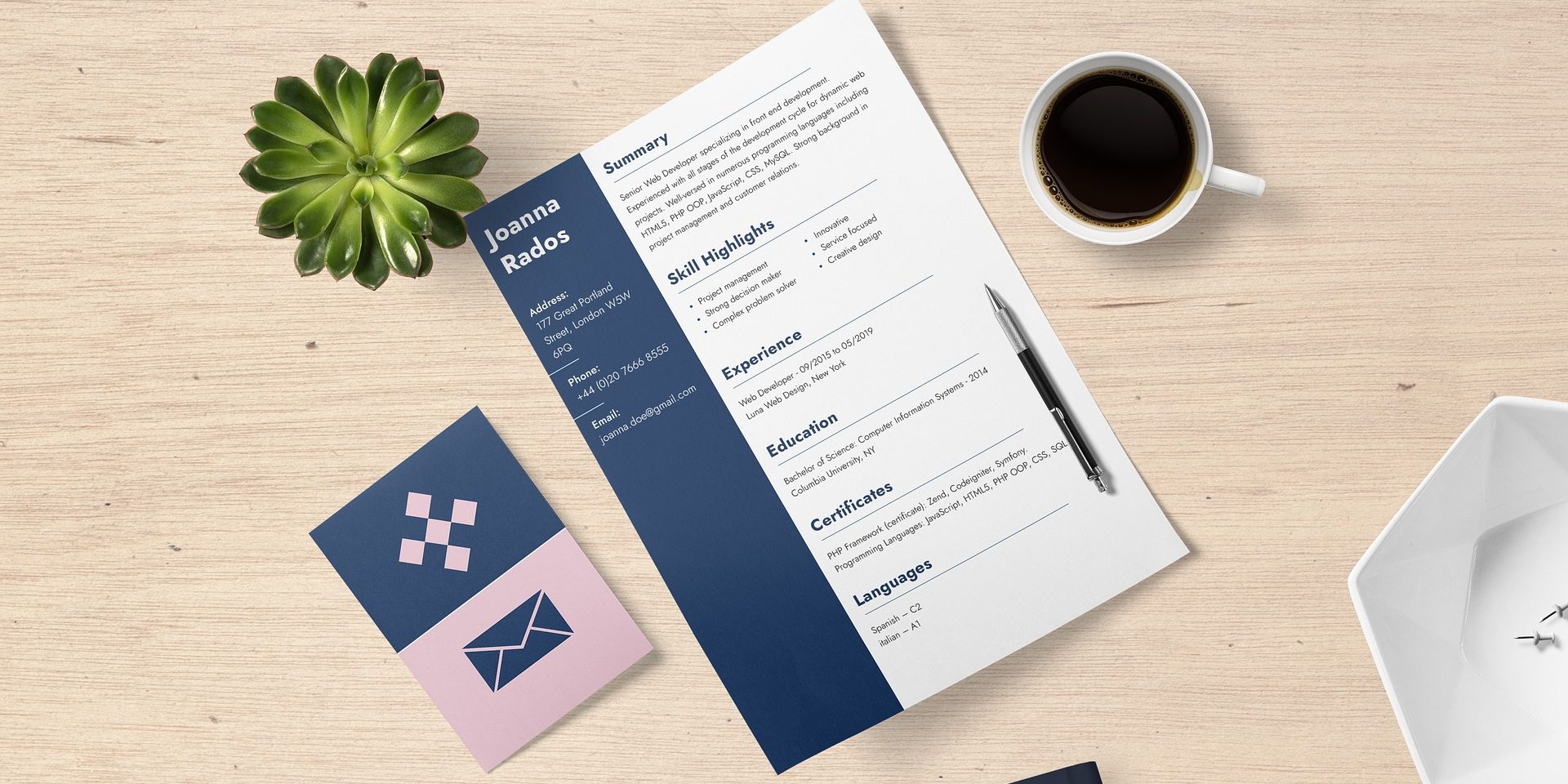Prior to an interview, the CV stage is important. In addition to personal skills, it is one of the first elements that the recruiter will notice. It is therefore important to spend time on it and to present a neat document in order to make a good first impression.
This is how you will provide a good CV :
1. Use keywords: keywords allow you to have more concise information on a subject. It is a simple and effective way for the recruiter to target your strengths and experience. Leave out sentences that are too long and tedious, which can quickly become unpleasant to read.
2. Give priority to content over form: in the private banking sector, it is not necessary to have a CV with original colors or shapes. Keep it simple and focus more on the content: list your experiences and give details of your training…
3. Don’t limit yourself to professional experience: it is interesting to be able to include several experiences in your CV, even those outside the professional framework. They can add value to your CV: business creation, travel and experience abroad, involvement in associations, etc.
4. Personalize your CV: the challenge is to distinguish yourself from other candidates. Among the many applications received, think that yours must be different. It is not necessary to change your CV completely, but only a few elements: the title of the position you are seeking, certain colors (the company’s graphic charter), important points of the job offer, etc.
5. Put forward your recommendations: having professional references on your CV allows you to prove to the recruiter that you are a trustworthy person with real abilities. This can be a real element that will set you apart from your competitors.
In recent years, the CV has continued to evolve in different forms. Today, it is the video resume that is taking over. Indeed, it is a new interactive and direct way to transmit your application. In this form, it allows the employer to better identify your way of being and is a new and freer way to evaluate a profile.
By following these rules, you will put all the odds on your side. It is now up to you to determine what useful elements should be included, or on the contrary, what should not be included depending on the position sought.







